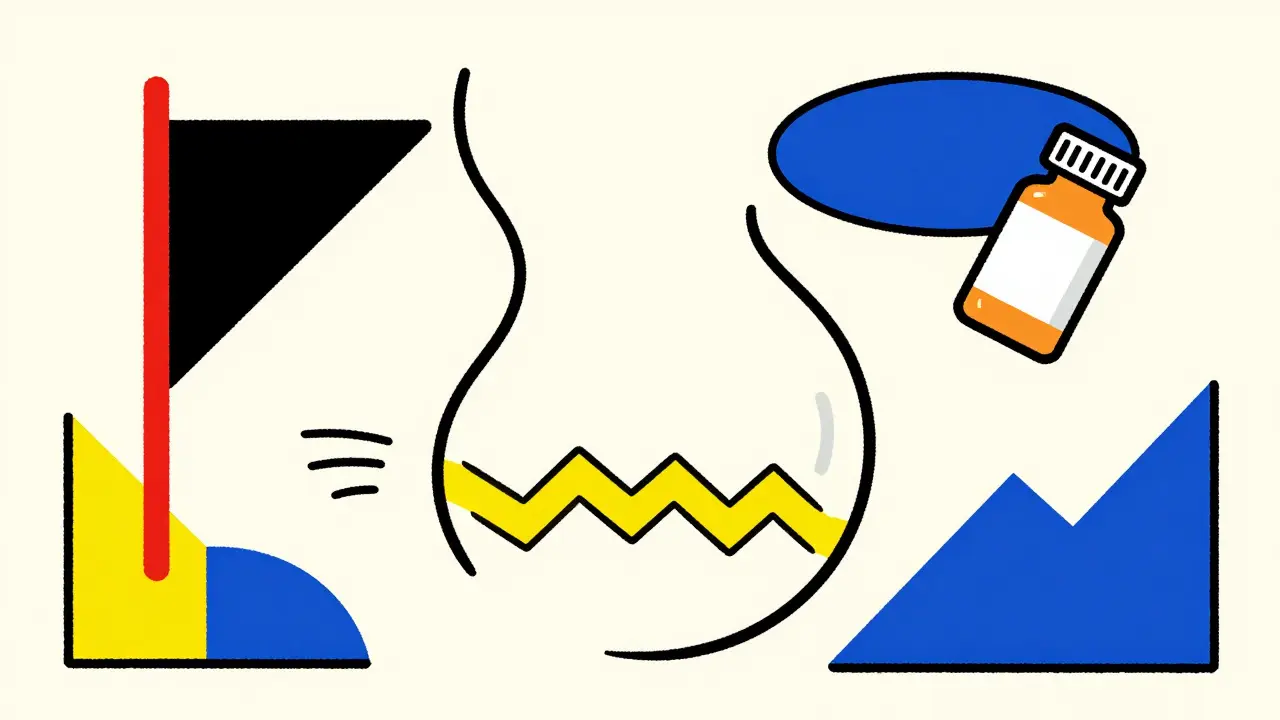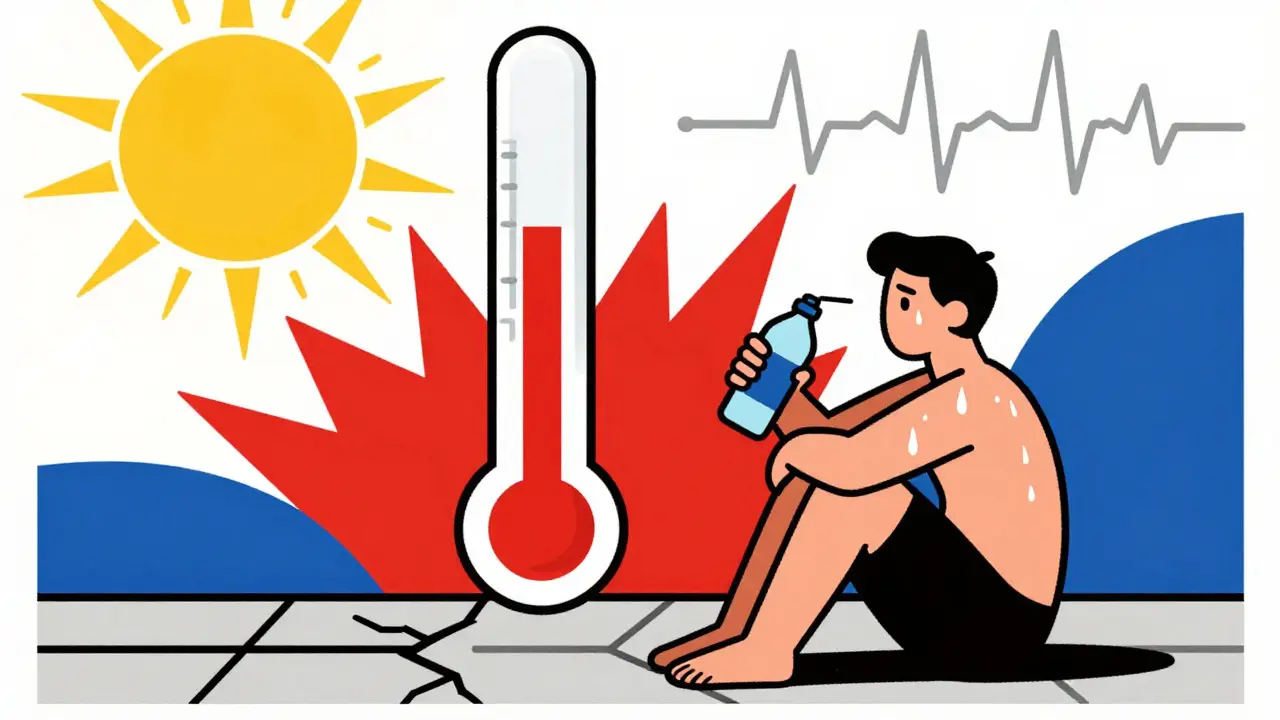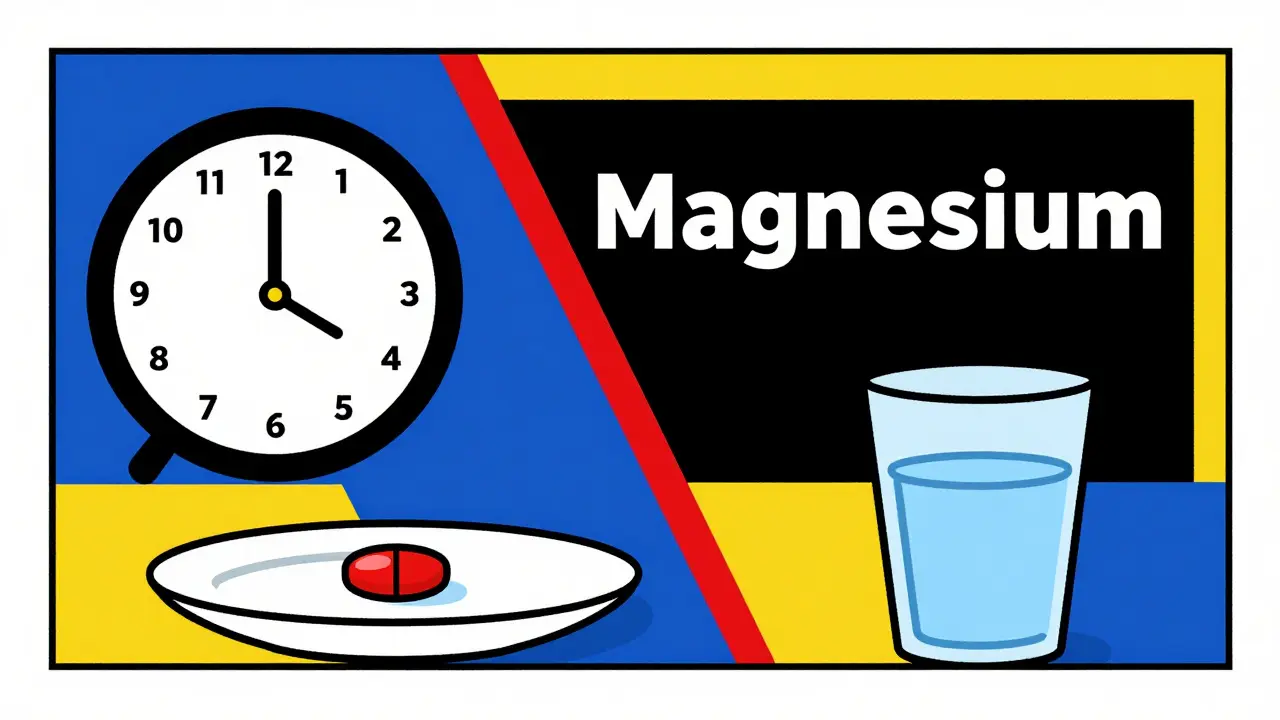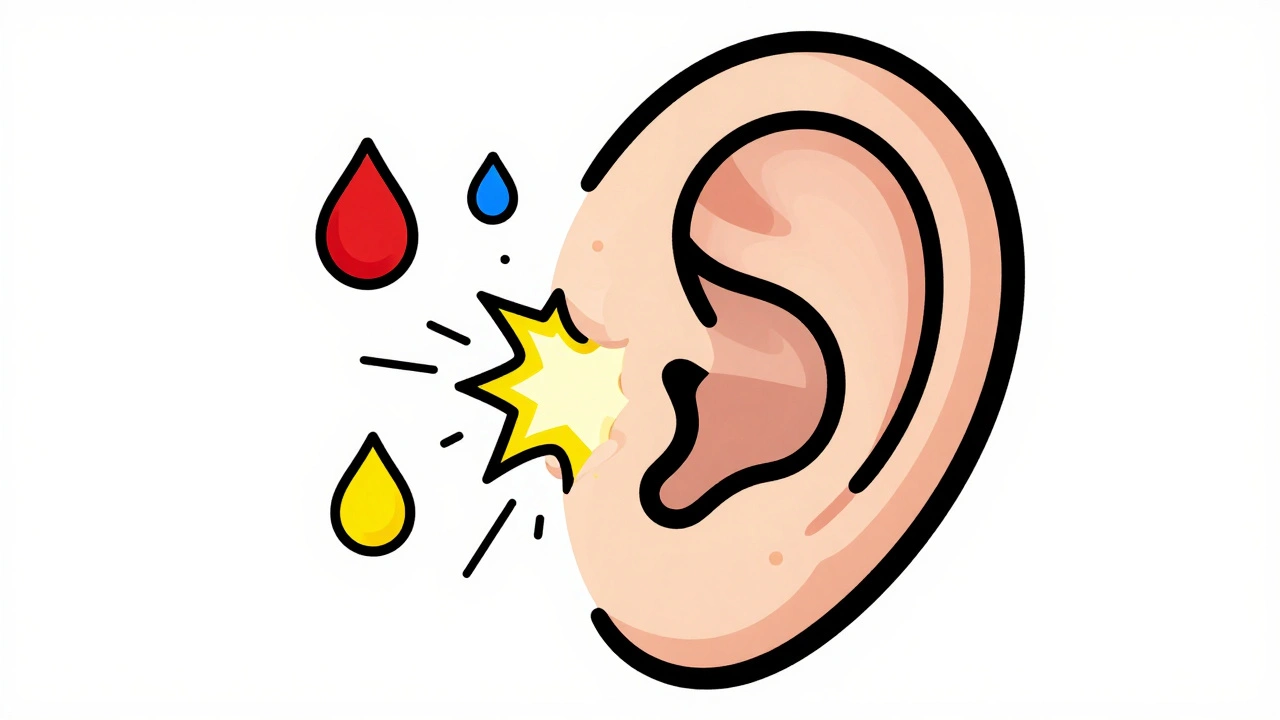Category: Health and Wellness - Page 2
Performance-enhancing drugs may boost strength and recovery, but they come with serious, often permanent health risks - from heart damage to hormonal collapse. Learn what athletes are really taking and why the cost outweighs the gains.
30 Dec
2025
Corticosteroid injections offer fast relief for joint inflammation but don't fix underlying damage. Learn how they work, how long they last, when to avoid them, and what to do instead for lasting results.
26 Dec
2025
Learn which medications are safe or risky during the first trimester of pregnancy, including acetaminophen, NSAIDs, antidepressants, and antibiotics. Understand critical developmental windows and how to make safer choices.
Extreme heat increases overdose risk by concentrating drugs in the blood, stressing the heart, and impairing judgment. Learn practical steps to reduce risk during heatwaves and illness, including hydration, dose reduction, and accessing cooling centers.
Learn how to safely take magnesium supplements with thyroid medication and antibiotics by spacing doses properly. Avoid reduced absorption and treatment failure with simple timing tips.
Under the Affordable Care Act in 2025, Marketplace plans offer essential health benefits, premium tax credits, and protection for pre-existing conditions. Learn how subsidies work, what changes are coming in 2026, and how to choose the right plan for your needs.
17 Dec
2025
Multiple sclerosis is an autoimmune disease where the immune system attacks the nervous system, causing nerve damage and varied symptoms. Learn how it develops, who's at risk, and what treatments are available today.
Regulatory capture occurs when government agencies prioritize industry interests over public welfare. From the FDA to the SEC, hidden influences shape safety rules, prices, and protections-costing consumers billions and eroding trust.
Post-menopausal women face unique medication risks due to changes in metabolism, polypharmacy, and hormone shifts. Learn safe alternatives to hormone therapy, how to avoid dangerous drug interactions, and practical steps to reduce medication errors.
Cerumenolytics are safe, over-the-counter drops that soften earwax at home. Learn how to use them correctly, which types work best, and when to see a doctor-without risking ear damage.









